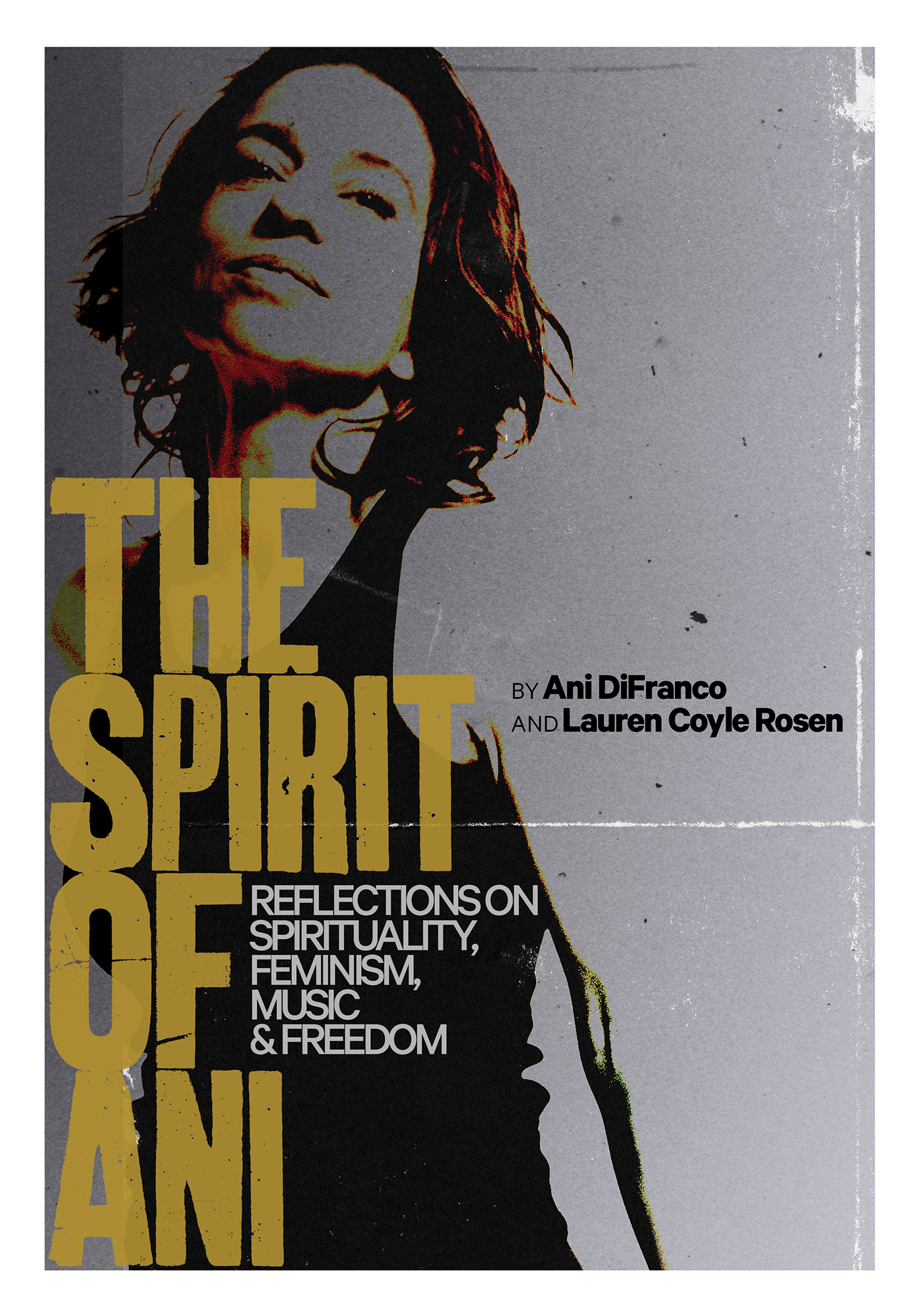When the Grammy nominations came out, there were some surprising names in the Album Of The Year field alongside expected blockbusters from the likes of Taylor Swift, Dua Lipa, and Post Malone. You can always expect a few critically acclaimed underdogs like Haim and Jhené Aiko, but selections like a Coldplay album that was immediately memory-holed upon release or an obscure collection from jazzbo-beloved former YouTube virtuoso Jacob Collier were a stark reminder that Grammy voters live in their own distinct reality. Also, why were Black Pumas nominated for an album that came out before the eligibility window?
As it turned out, the band's self-titled debut had been shoehorned into the Album Of The Year race on a technicality: Its deluxe edition dropped in August 2020, putting it in play for this year's awards. Furthermore, Black Pumas' single "Colors" is competing for Record Of The Year and Best American Roots Performance. They probably would be in the Best New Artist race, too, except they were nominated in that category last year. So: Who are these guys, and why do Grammy voters love them so much?
I should say up front that Black Pumas are very good at what they do. The album and song that got them nominated for Grammys are an enjoyable listen. The talent, charisma, and professionalism are all there. Their sound and execution are a bit generic to my ears, but I am not taking a swipe at the band when I say that from their music to their origin story, Black Pumas are catnip for TV producers and certain kinds of yuppie authenticity fetishists. I am simply making an anthropological observation.
Eric Burton grew up singing in church in the San Fernando Valley and was making a living busking in California when he decided to relocate to Austin, Texas. There, a mutual friend put him in touch with Adrian Quesada, a former member of the Latin funk band Grupo Fantasma, who had been seeking a vocalist for some retro funk and R&B tracks he had been working on. Together they formed Black Pumas, sort of a less cartoonish version of Gnarls Barkley. Burton brings a suave, soulful grittiness to the mic, injecting each line with feeling without overdoing it. As a producer, Quesada does his best imitation of dusty 45s recorded in smoke-filled rooms across the American South in the '60s and '70s. It's not so different from the music their fellow Texan revivalist Leon Bridges started out making, before he began hybridizing his old-fashioned interests with more current sounds.
Black Pumas make perfect sense on ATO Records, home of Alabama Shakes, Nick Hakim, and My Morning Jacket, among many others. But their album is not as adventurous as any of those artists can be. Burton's lyrics can be evocative, as on "OCT 33," a song about always finding the object of your yearning just out of reach. But they often fall back on tropes, as with "Colors," a celebration of the natural diversity all around us, inspired by a sunset. Quesada's grooves are loose and easygoing, occasionally morphing into psychedelic rock or bluesy folk. Closing ballad "Sweet Conversations" opens up the formula a bit, and the deluxe edition's covers of songs like "Fast Car" and "Eleanor Rigby" allow for more experimentation. Ultimately, though, Black Pumas is a deeply conservative listen, a painstaking re-creation of throwback sounds. Whereas someone like Michael Kiwanuka (a nominee for Best Rock Album this year) will step these kinds of sounds into the present in surprising and rewarding ways, Black Pumas pretty much play it straight.
Like I said, TV producers love this kind of thing. Cannot get enough of it. Black Pumas have performed on so many talk shows: Fallon, Kimmel, Colbert, Kelly Clarkson, Ellen, Today, Good Morning America, many of them multiple times. This week they were on CBS This Morning busking in Austin because of course they were. If you are a regular reader of this website -- more tuned in to buzz bands, the critical discourse, and online life in general than broadcast television -- you might have missed all that. But you can be certain Grammy voters and producers did not miss it. What are the Grammys if not a broadcast TV variety show expanded to epic length? And what do they love to celebrate more than the kind of analog nostalgia that would make a mid-level executive squint approvingly and utter, "Yeah... that's the good shit," between sips of overpriced beer?
Viewed through another lens, Black Pumas practice a form of historically Black music that tends to go over well at the Grammys. For years critics have argued that the Grammys have a race problem: often ignoring the vanguard of Black popular culture, failing to recognize Black stars until the end of their careers, and rewarding white artists in Black-dominated genres. But the Recording Academy can't seem to get enough of Black people with guitars who operate in "classic" genres. Black Pumas fit in amongst the likes of old-school talents H.E.R. and Gary Clark Jr., both of whom have become mainstays at the Grammys in recent years. Meanwhile genre-defining superstars like Lil Baby and the late Pop Smoke are confined to the Best Rap Performance race despite looming as large over mainstream music as Dua Lipa and Post Malone. The inclusion of DaBaby and Roddy Ricch in the general field categories complicates this narrative a bit, but there's no doubt that playing boutique retro soul like Black Pumas is a more direct route to Grammy love than dominating the modern rap landscape.
None of this is meant to disparage Black Pumas. They do what they do, and they do it well. They seem like nice guys and are beloved local heroes in Austin. Their style has broad appeal, too; based on reports of their live prowess, they'd probably win a battle of the bands against 99% of the artists we cover on this website. With that in mind, I look forward to watching them rock the Grammys stage this Sunday. I just have to laugh at how directly they cater to the Recording Academy's biases. As one savvy critic once put it, "If Black Pumas didn't exist, the Grammys would have to invent them."






